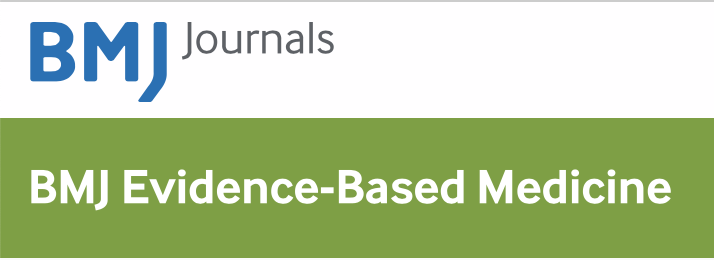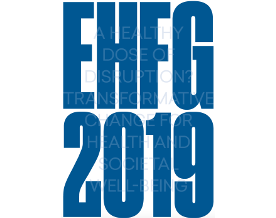LATEST RESEARCH
MORE RESEARCH
International Reference Pricing Under H.R.3 Would Devastate the Emerging Biotechnology Sector, Leading to 56 Fewer New Medicines Coming to Market Over 10 Years
Vital Transformation projected the impact that utilizing international reference pricing for retail medicines (as proposed as part of the Lower Drug Costs Now Act of 2019, H.R.3) would have on the innovative biotechnology sector in the U.S. While the industry revenue reductions resulting from H.R.3 would harm industry innovation across the board, the analysis found that it would have an especially large impact on small, emerging biotech firms that rely on venture capital and revenue streams from the rest of the industry to finance their R&D investments. The result will be fewer medicines coming to market and available to patients.
International pricing index ‘accomplishes nothing it sets out to do’
By Sue Peschin and Duane Schulthess, 21 October 2019
Even with all of the political chatter in Washington, D.C., talk about controlling prescription drug prices is still rising above the din. Of all the proposals being batted around, one that bases prices on an international average of prices in mostly European countries has bipartisan support. This strategy, known as the international pricing index, is particularly worrisome.
First proposed by U.S. Health and Human Services Secretary Alex Azar in the fall of 2018 for Medicare Part B drugs, House Speaker Nancy Pelosi’s drug pricing plan expands it to allow the federal government to negotiate the cost of 250 prescription medicines that aren’t facing market competition. It also extends the negotiated price to insurers and the commercial market at large.
Making Real World Data Real – New RWE Methodologies for HTAs
With the increasing use of accelerated regulatory tools like the Food and Drug Administration’s breakthrough designation, there are mounting challenges for European health technology assessors (HTAs) to make an accurate assessment of the long- term value and performance of many new therapies. Data presented in evidence is often extrapolated from outcomes six months or less, and what’s good enough for regulatory approval often doesn’t meet the needs for comparative effectiveness, value, and outcomes measures for HTAs. Vital Transformation’s recent BMJ publication demonstrates a novel, practical approach to harnessing electronic health records and RWE to help solve this problem. However, access to robust deidentified patient records in Europe is key.
Are CAR-T therapies living up to their hype? A study using real-world data in two cohorts to determine how well they are actually working in practice compared with bone marrow transplants
18th July 2019
 With the increasing demands being placed on HTAs in Europe, a methodology allowing for a valid assessment of the clinical effectiveness and costs for indications targeting small patient populations and orphan conditions, such as ALL, at the time of a reimbursement decision is vital. This is particularly true when the costs of these interventions are significantly high, such as in the case of CAR-T, where costs exceed US$375 000. By extracting RWD from live hospital EHRs, we were able to demonstrate a novel methodology that allows us to move beyond the use of proxies for clinical effectiveness measures extrapolated from clinical trials to obtain an assessment of the long-term outcomes and total costs of new therapies, such as CAR-T, compared with the next-best legacy treatment option.
With the increasing demands being placed on HTAs in Europe, a methodology allowing for a valid assessment of the clinical effectiveness and costs for indications targeting small patient populations and orphan conditions, such as ALL, at the time of a reimbursement decision is vital. This is particularly true when the costs of these interventions are significantly high, such as in the case of CAR-T, where costs exceed US$375 000. By extracting RWD from live hospital EHRs, we were able to demonstrate a novel methodology that allows us to move beyond the use of proxies for clinical effectiveness measures extrapolated from clinical trials to obtain an assessment of the long-term outcomes and total costs of new therapies, such as CAR-T, compared with the next-best legacy treatment option.






